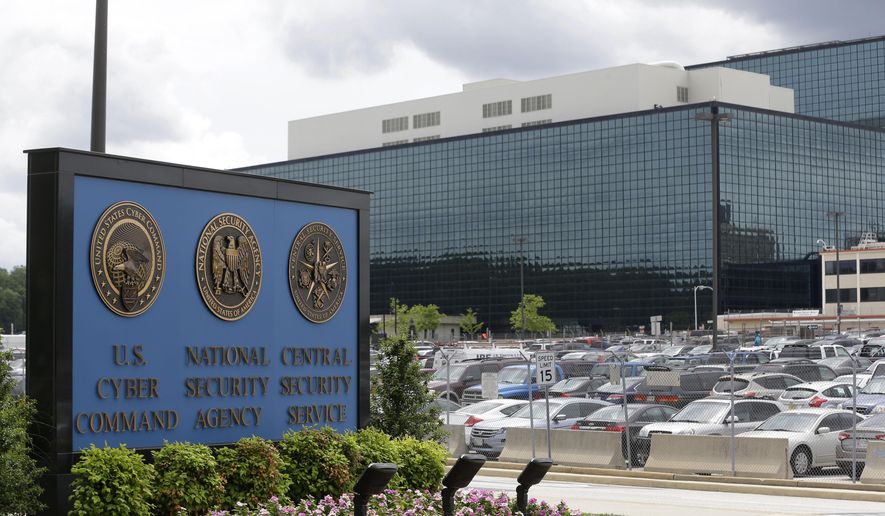Pentagon documents made public Tuesday show that U.S. Cyber Command viewed its campaign against the Islamic State terrorist group to be successful in spite of some setbacks.
Obtained under the Freedom of Information Act by the National Security Archive at George Washington University, the documents — previously designated as “top secret” — include internal assessments of “Operation Glowing Symphony,” or OGS, Cyber Command’s offensive hacking campaign conducted against the terrorist group also known as ISIS and ISIL.
Separate assessments written 30 and 120 days after the operation was launched in late 2016 under former President Barack Obama found that the OGS “successfully contested ISIL in the information domain.”
Although heavily redacted, the documents suggest that Cyber Command considered the campaign to have “imposed time and resource costs” on the terrorist group and to have degraded and disrupted its ability to disseminate and distribute media and propaganda.
“With respect to the Coalition’s task performance, we continue to assess our task accomplishment in the execution of OGS as successful overall,” the later assessment concluded.
Cyber Command indicated elsewhere in the documents that bureaucratic issues proved problematic at times, however. Specifically, the 30-day assessment referred to an unidentified government agency issuing a “non-concur” opinion during an interagency coordination process that accordingly put a wrench in Operation Glowing Symphony.
“The time required to elevate and negotiate the Interagency non-concurs prevented USCYERCOM [sic] from [redacted] as originally designed,” the assessment said.
• Andrew Blake can be reached at ablake@washingtontimes.com.




Please read our comment policy before commenting.